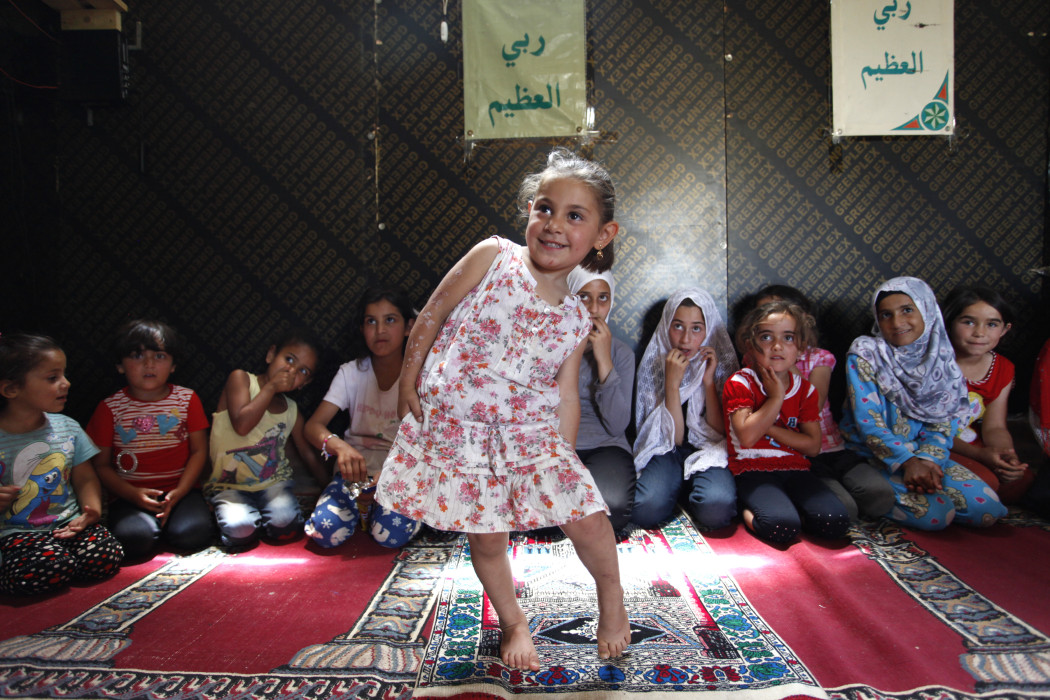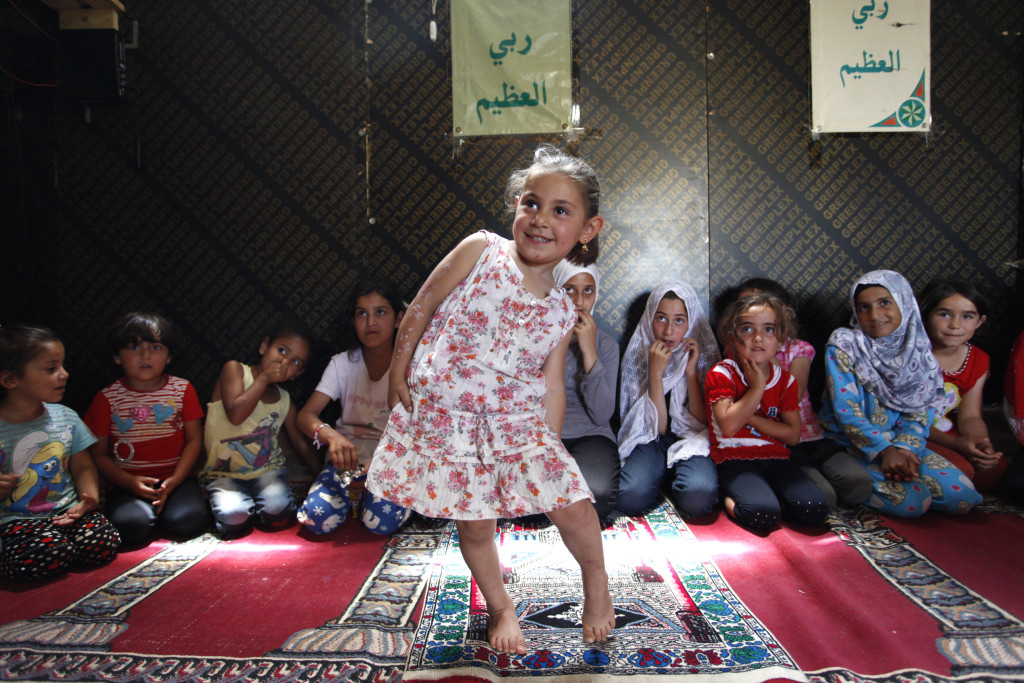BY SARA COLM
It’s time for NC to return to its tradition of welcoming newcomers. One year before Governor McCrory’s controversial demand that President Obama stop sending Syrian refugees to North Carolina, a church in Greensboro opened their doors and their hearts to a Syrian refugee family of seven.
One family in the congregation knows firsthand why it’s so important to welcome newly-arriving refugee families and give them a helping hand. Fourteen years ago I met them in Cambodia, where I was working as a human rights monitor. They and thousands of other ethnic-minority Christians from Vietnam’s Central Highlands – known collectively as Montagnards – had been forced to flee their homes because of the government’s harsh persecution.
“Greensboro has been wonderful to us,” my Montagnard friend told me recently. “Churches, people in our neighborhood, have all welcomed us. We would never have made it without them.”
North Carolina, a state known for its diversity and “fusion politics,” is one of the top 10 states that admits refugees. During 2015, more than 4,800 refugees from 36 countries resettled in NC, with the largest numbers coming from Burma. Since civil war broke out in Syria four years ago, 59 Syrians have been resettled in our state.
On November 19th, three days after the deadly attacks in Paris, the U.S. House of Representatives passed HR 4038, a bill that would halt US resettlement of refugees from Iraq and Syria until the U.S. significantly stiffens already arduous refugee resettlement requirements.
These hurried measures were based in part on reports that at least one of the Paris attackers >>used a Syrian passport to enter Europe, where he mingled with the thousands of asylum seekers fleeing Syria’s civil war. It would be just as easy for terrorists to slip into the U.S., lawmakers claimed.
Such assertions not only distort the facts, but fuel fear, panic and backlash against UN-recognized refugees approved by the US government for resettlement here.
Here are some facts to consider.
Refugees and asylum seekers are not the same.
Asylum seekers and refugees are both fleeing their home countries for their lives. However, asylum seekers make their appeal for protection and refugee status after they have arrived in a country – that’s what’s happening with the Syrians who are entering Europe. As asylum seekers, they are requesting refugee status and protection, but their claims have not yet been evaluated or determined.
In contrast, a refugee is someone who the United Nations High Commissioner for Refugees (UNHCR) has officially determined to meet the internationally mandated definition of a refugee: someone who has fled their country of origin due to well-founded fear of persecution on the basis of race, religion, nationality, political opinion, or membership in a particular social group.
Refugees cannot be admitted for resettlement in the US without first undergoing a rigorous and lengthy screening process that takes place outside of the US: first by UNHCR and then by the US itself.
Refugees admitted to the U.S. must undergo >>the highest level of security checks of any group allowed to enter the country.
Because of its geographic location, the U.S. will not face waves of asylum seekers arriving from Syria. Any Syrian refugee resettled in the U.S. must first be recognized by UNHCR and then go through the U.S.’s own multi-layer screening process.
The screening process, which can take up to two years, includes a battery of interviews and background checks by the FBI, Department of Defense, National Counter-terrorism Center, the Defense Department, Department of Homeland Security, and other intelligence officials.
Shutting out refugees is not the solution to America’s security
Since 1975, three million refugees from all over the world have been safely resettled in the US. During that time, there >>has not been a single terrorist attack in the U.S. by officially recognized refugees .
Rather than scapegoating refugees as terrorists — the very people forcing many refugees to flee their homelands — the US should continue to resettle refugees while also continuing to ensure national security.
My Montagnard friend — now a US citizen — worries about the tightening of restrictions enabling refugees to resettle in the US. This could diminish, or certainly delay, the chances of other vulnerable people in need of protection to resettle to the US.
“America is the country of freedom,” my friend said. “We protect the innocent, and don’t discriminate against any religion. The Syrian family – they’re good people. We condemn violent acts — none of us want to live in fear all the time. All we want is for our children to be safe.”
Learn more about refugee and immigrant communities in NC through the webpages of groups such as the >>Center for New North Carolinians , the >>NC Justice Center , and the >>Montagnard Human Rights Organization , or by volunteering with groups helping to resettle refugees such as Church World Service and World Relief.
>> Sara Colm is an independent human rights consultant currently working on projects for Amnesty International and the Campaign to Oppose Torture in Vietnam. She was previously based in Cambodia, where she helped found the Phnom Penh Post newspaper, worked as a UN human rights monitor, and served as the country representative for Human Rights Watch.
Sara Colm is an independent human rights consultant currently working on projects for Amnesty International and the Campaign to Oppose Torture in Vietnam. She was previously based in Cambodia, where she helped found the Phnom Penh Post newspaper, worked as a UN human rights monitor, and served as the country representative for Human Rights Watch.


There are no comments
Add yours